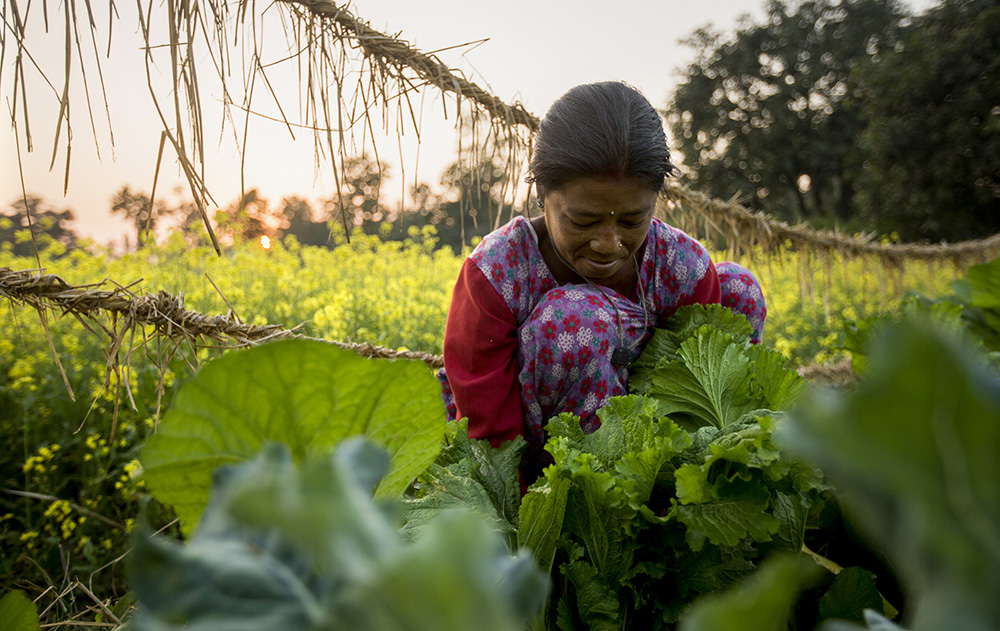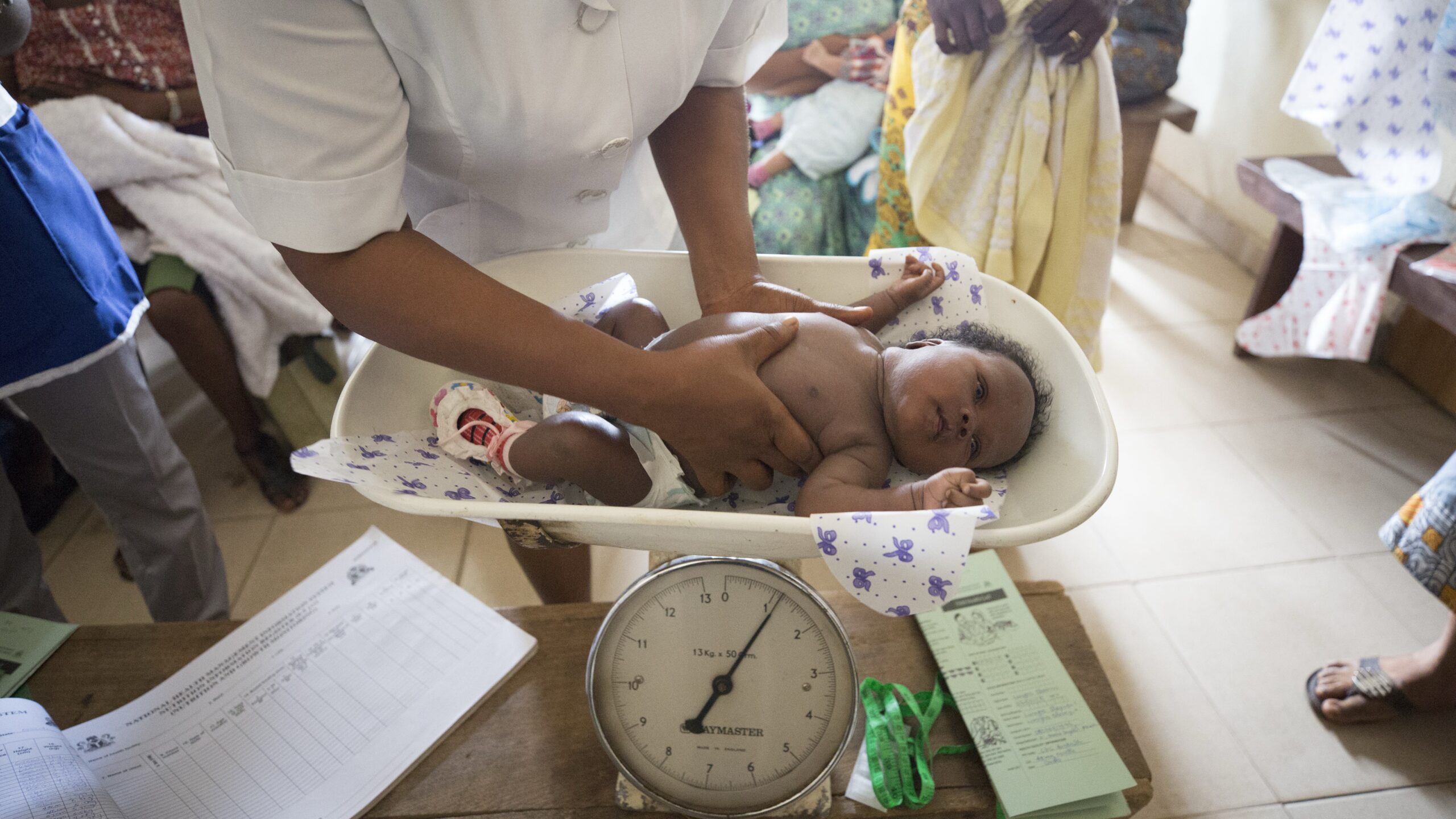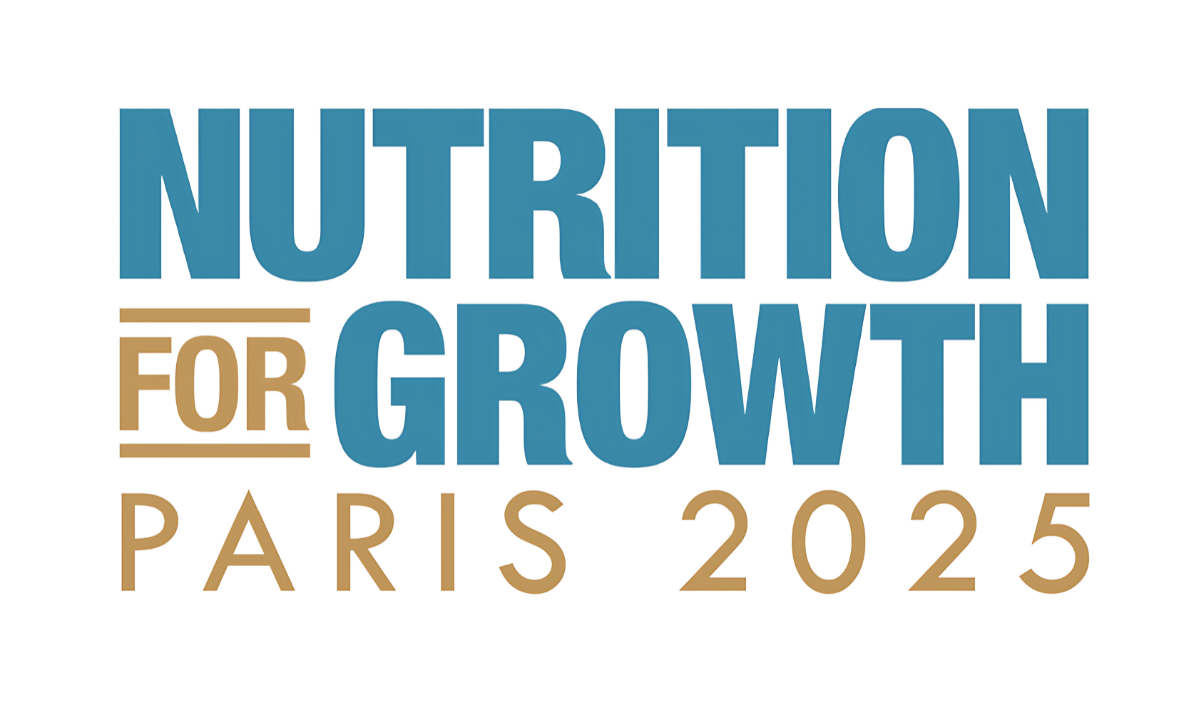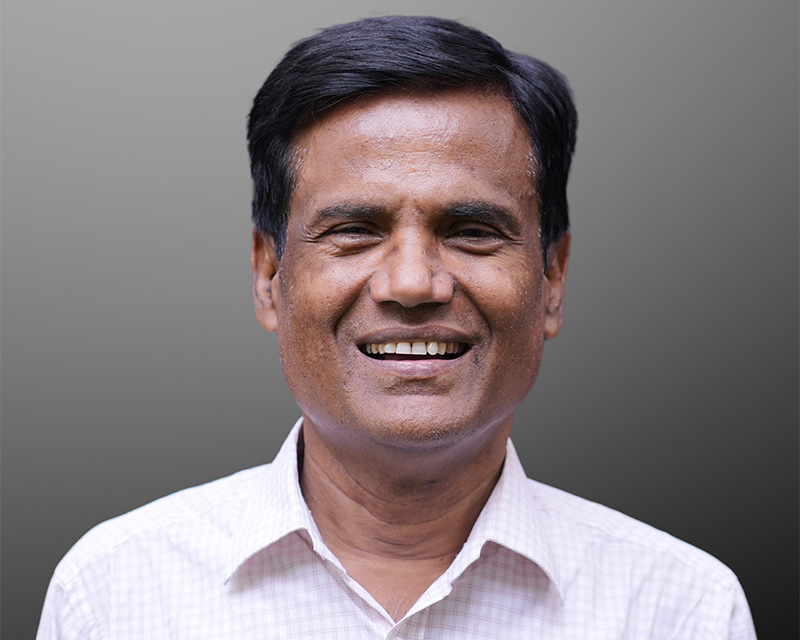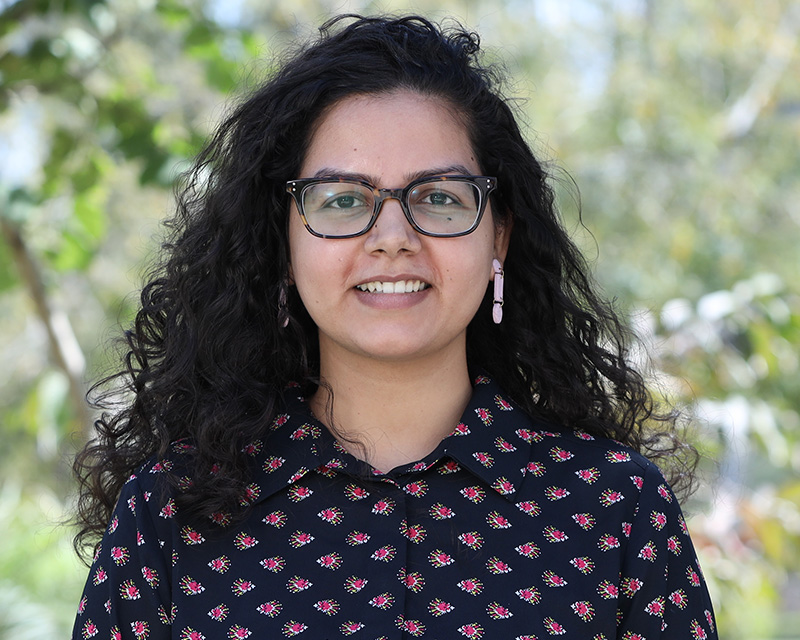Overview
IFPRI’s Nutrition, Diets, and Health (NDH) Unit provides evidence on strategies to achieve healthy diets, good nutrition, and health. Researchers examine the causes and constraints that lead to dietary, nutrition, and health issues, and collaborate with partners to identify effective policies and programs to address these issues, including possible solutions centered around agriculture, health, education, and social protection.
These solutions are assessed to determine effectiveness and cost, as well as to understand how they work to achieve impact and could be improved to deliver even greater results for diets, nutrition, and health. Gender, equity, and sustainability are a major cross-cutting focus in NDH’s work.
NDH’s activities focus on Africa, South Asia, and Southeast Asia, with some additional work in Latin America and the Pacific.
Areas of Focus
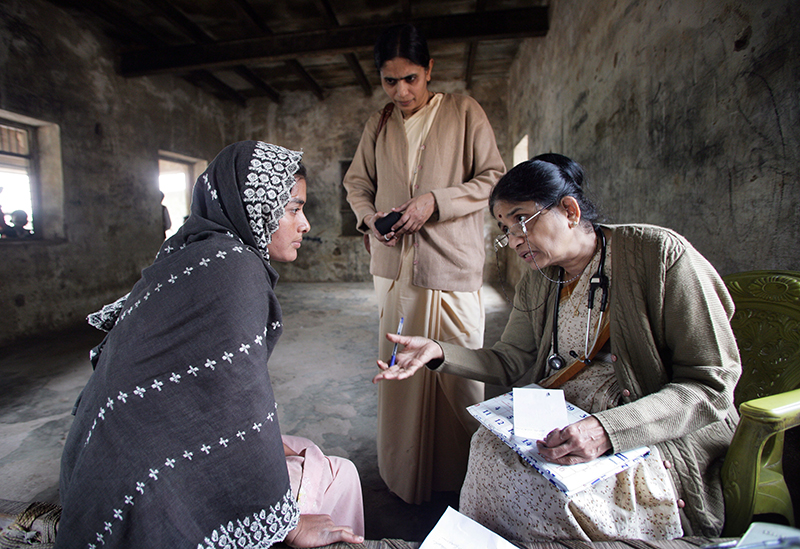
Health sector interventions
To improve programs for nutrition within health systems, NDH researchers assess their effectiveness, especially for women, children, and adolescents. These programs include behavior change communication interventions, fortified foods and supplements, wasting prevention and treatment, growth monitoring and promotion, school feeding programs, and health system strengthening.
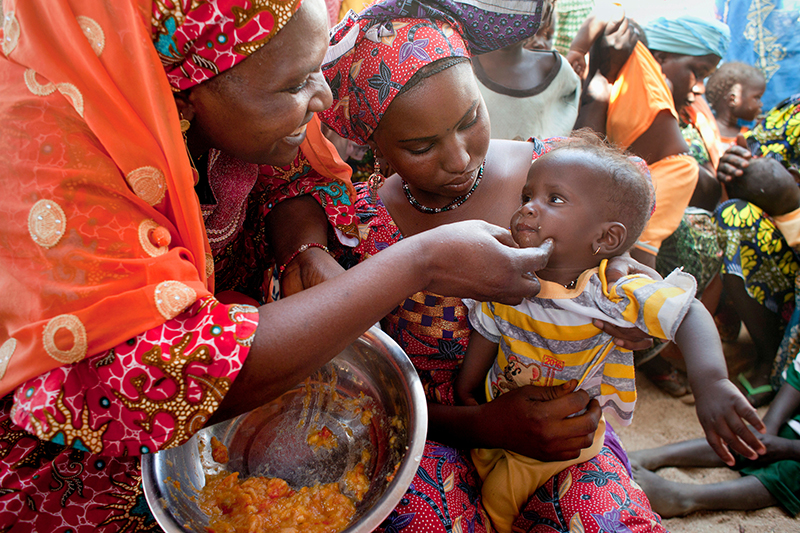
Multisectoral programs
Addressing poor quality diets and all forms of malnutrition requires multisectoral approaches. NDH research provides evidence on the effectiveness of agriculture, social protection, and education-centered interventions for addressing obstacles to better nutrition and improving diets, health and care practices, women’s empowerment, and child development.
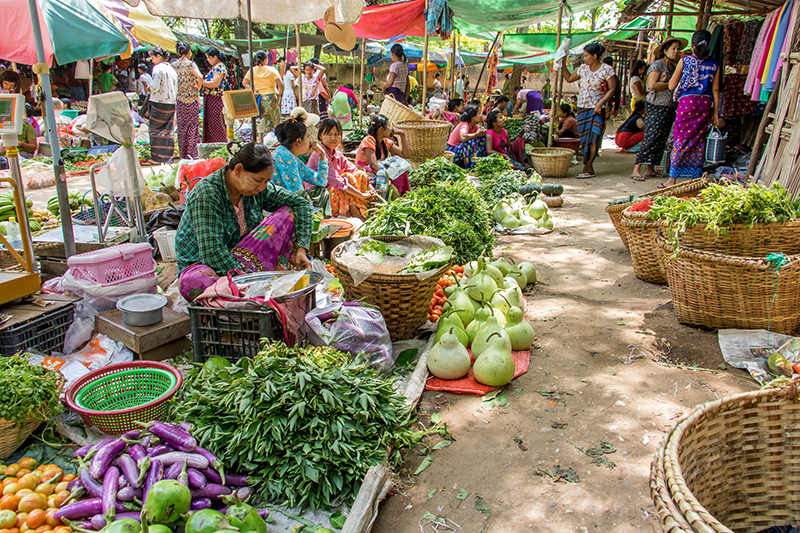
Food environments and consumers
Food systems transformation, including the food environments that shape food choices, is essential for achieving sustainable healthy diets. NDH investigates the relationships between diets and food environments, and evaluates interventions for increasing consumer demand for healthy foods and addressing multiple constraints to healthy diets.
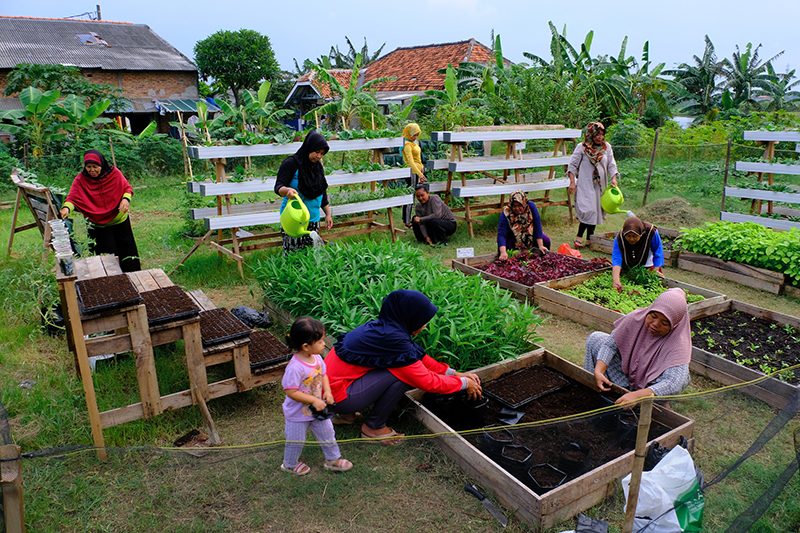
Policies to support scale-up
Implementing solutions at scale requires engagement with and action from policy actors and other stakeholders. NDH research generates evidence on the drivers of poor-quality diets and malnutrition, and on the policy environments and process for scaling up effective interventions. Capacity-sharing activities, country presence, multipartner consortiums, and stories of change support evidence uptake.

Tools and research methods
NDH researchers work in multidisciplinary teams, using rigorous approaches including impact and process evaluations and cost-effectiveness studies. Program impact pathways inform design of programs, evaluations, and evidence synthesis. NDH also develops and validates assessment tools and methods for diets and food environments.
Explore our research
Blogs
News
Events
Projects
-
Strengthening the Economic Evaluation of Strategies for Nutrition (SEEMS-Nutrition)
-
South Asia Nutrition Knowledge Initiative (SANI)
-
Urban Food Systems for Better Diets, Nutrition, and Health
This program aims to guide policymakers and other key actors in designing and implementing effective food system policies to support healthier diets and optimal nutrition and health for the urban poor.




